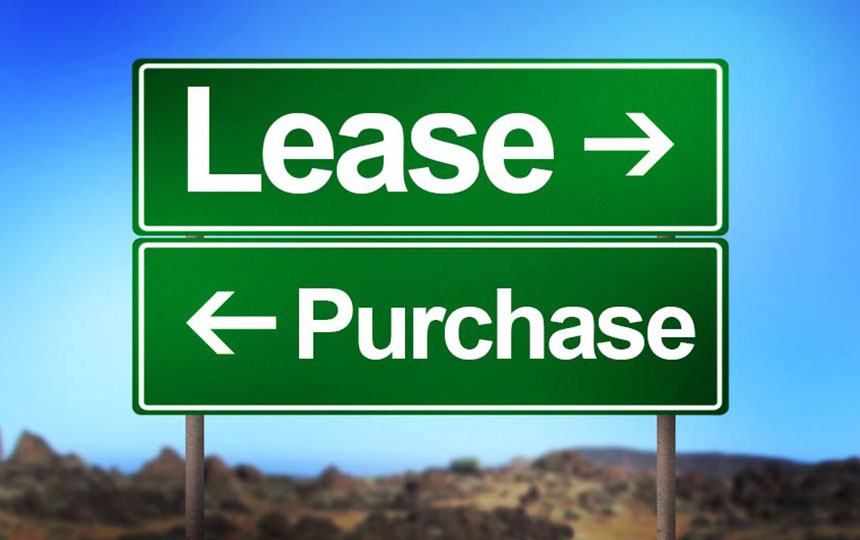When deciding whether you should lease or purchase a building to operate your business, there are 4 important questions to ask yourself, namely:
1. Is a down payment the best use for my cash?
2. Do I expect my need for space will expand or contract in the next five years?
3. How many years do I expect to operate the business? — and,
4. Have I compared the tax advantages/disadvantages of lease payments vs. mortgage payments?
The answers to those 4 questions will assist you in determining the best approach for your individual situation. Additionally, a financial analysis comparing both leasing and purchasing will flush out the true differences between these two options. A comparison will also shed light on any hidden expenses, such as the actual annual occupancy costs for both scenarios. Market conditions dictated by supply and demand have a dramatic effect on rental rates and purchase prices. An important point to think about is whether the appreciation on the building will outpace any interest earned if you were to invest the down payment in a different vehicle over the holding period.
Starting with the end in mind and planning your exit strategy is key to accomplishing your goals. The lists below compare additional lease and purchase costs, as well as other factors to take into consideration.
Lease
- Security Deposit 1-3 months. Depends on credit strength of business. Letter of Credit. Stability of Landlord.
- Costs of improvements over and above Landlord’s contribution (may come out of your pocket on lease commencement or amortized into annual rent).
- Annual increases in building operating expense and taxes over a base year. These continue to accrue and can be an additional 25% or more of your original base rent on a long term lease.
- Increases in rent when exercising renewal options cause uncertainty in overhead costs for long term projection.
- After hours HVAC charges can range dramatically between Landlords and properties.
- Leasing allows flexibility if business grows or downsizes.
- Speak with your financial consultant to weigh the benefits of leasing vs. purchasing.
Purchase
- Down payment +/- 30% of purchase price. Opportunity cost of down payment – is there a better use for cash that would a yield better return.
- Possible cost necessary to improve building. Expense to build out space, upgrade utilities and electric, loading area, landscaping, parking lot, etc.
- Ongoing operating expenses. Lack of experience in operating a building may increase operating expenses, costs and overhead.
- Capital expenditures for repairs and maintenance of property.
- Additional time must be allocated for management of property and repairs.
- Lack of flexibility may cause inefficient expansion solutions.
- Speak with your financial consultant to weigh the benefits of purchasing vs. leasing.
—
Please call for more information about current available laboratory space in New Jersey.
Jeanne Sabo Rothenberg, CCIM
Vice President
NAI DiLeo-Bram & Co.
Cell: (908) 377-9004
http://www.commercialrebroker.com/
jrothenberg@naidb.com

